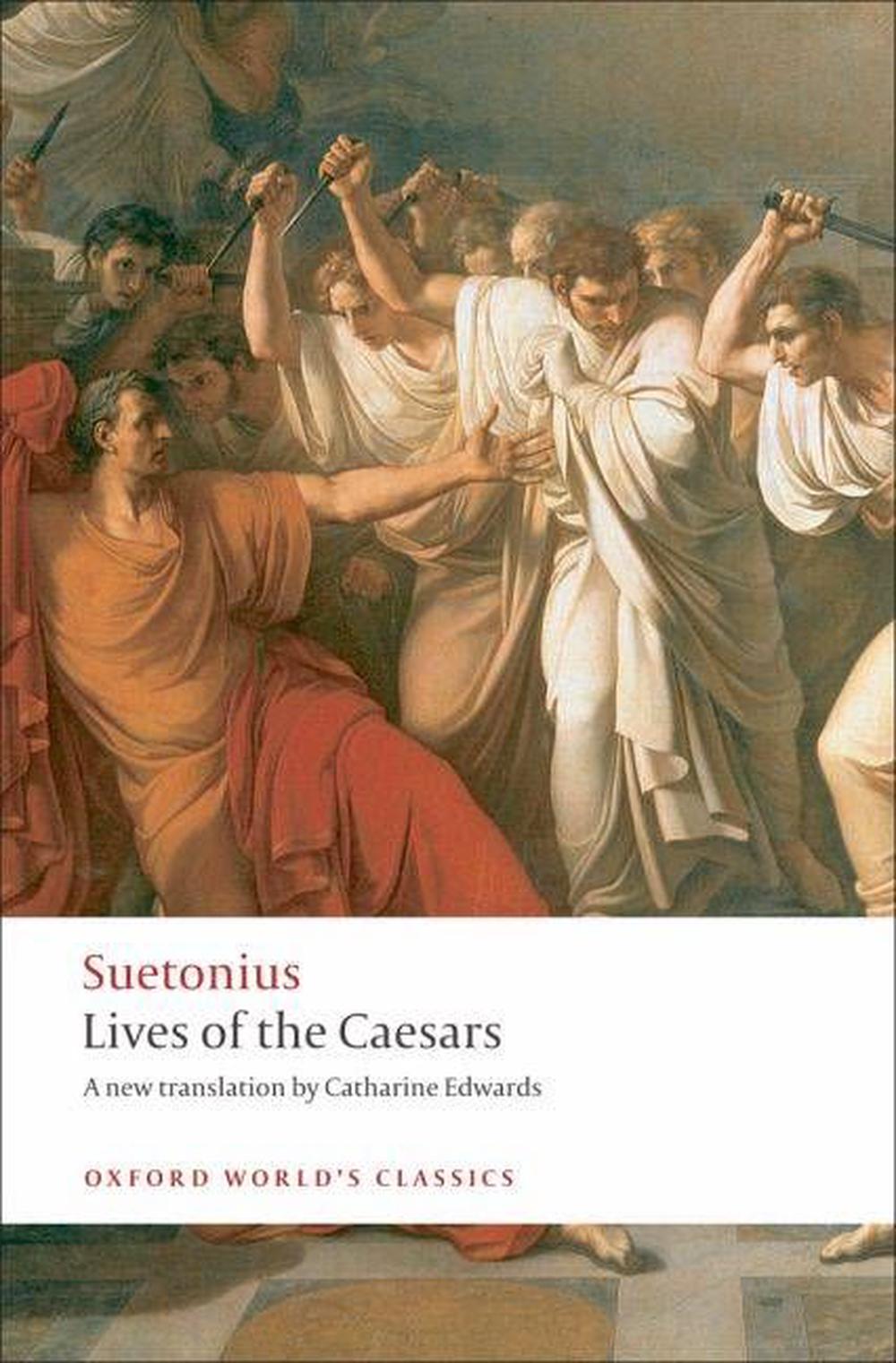

His coming of age coincided with a civil war between his uncle, Gaius Marius, and his rival Lucius Cornelius Sulla. In 85 BC, Caesar's father died suddenly, so at 16, Caesar was the head of the family. Little is recorded of Caesar's childhood. His mother, Aurelia Cotta, came from an influential family. Caesar's father, also called Gaius Julius Caesar, governed the province of Asia, and his sister Julia, Caesar's aunt, married Gaius Marius, one of the most prominent figures in the Republic. Caesar issued coins featuring images of elephants, suggesting that he favored this interpretation of his name.ĭespite their ancient pedigree, the Julii Caesares were not especially politically influential, although they had enjoyed some revival of their political fortunes in the early 1st century BC. The Historia Augusta suggests three alternative explanations: that the first Caesar had a thick head of hair (Latin caesaries) that he had bright grey eyes (Latin oculis caesiis) or that he killed an elephant (caesai in Moorish) in battle. The cognomen "Caesar" originated, according to Pliny the Elder, with an ancestor who was born by caesarean section (from the Latin verb to cut, caedere, caes-). continue belowĬaesar was born into a patrician family, the gens Julia, which claimed descent from Iulus, son of the legendary Trojan prince Aeneas, supposedly the son of the goddess Venus. Caesar is considered by many historians to be one of the greatest military commanders in history. The later biographies of Caesar by Suetonius and Plutarch are also major sources. Much of Caesar's life is known from his own accounts of his military campaigns, and from other contemporary sources, mainly the letters and speeches of Cicero and the historical writings of Sallust. Octavius set about solidifying his power, and the era of the Roman Empire began.

Caesar's adopted heir Octavius, later known as Augustus, rose to sole power after defeating his opponents in the civil war.
SUETONIUS GAIUS JULIUS CAESAR SUMMARY SERIES
A new series of civil wars broke out, and the constitutional government of the Republic was never fully restored. But the underlying political conflicts had not been resolved, and on the Ides of March (15March) 44BC, Caesar was assassinated by a group of rebellious senators led by Marcus Junius Brutus. He centralised the bureaucracy of the Republic and was eventually proclaimed "dictator in perpetuity", giving him additional authority. Civil war resulted, and Caesar's victory in the war put him in an unrivaled position of power and influence.Īfter assuming control of government, Caesar began a programme of social and governmental reforms, including the creation of the Julian calendar. Caesar refused the order, and instead marked his defiance in 49BC by crossing the Rubicon with a legion, leaving his province and illegally entering Roman Italy under arms. With the Gallic Wars concluded, the Senate ordered Caesar to step down from his military command and return to Rome. These achievements granted him unmatched military power and threatened to eclipse the standing of Pompey, who had realigned himself with the Senate after the death of Crassus in 53BC. Caesar became the first Roman general to cross both when he built a bridge across the Rhine and conducted the first invasion of Britain. Caesar's victories in the Gallic Wars, completed by 51BC, extended Rome's territory to the English Channel and the Rhine. Their attempts to amass power through populist tactics were opposed by the conservative ruling class within the Roman Senate, among them Cato the Younger with the frequent support of Cicero. In 60 BC, Caesar, Crassus, and Pompey formed a political alliance that was to dominate Roman politics for several years. He played a critical role in the events that led to the demise of the Roman Republic and the rise of the Roman Empire. Gaius Julius Caesar (Classical Latin: 13 July 100BC - 15 March 44BC) was a Roman statesman, general and notable author of Latin prose.


 0 kommentar(er)
0 kommentar(er)
